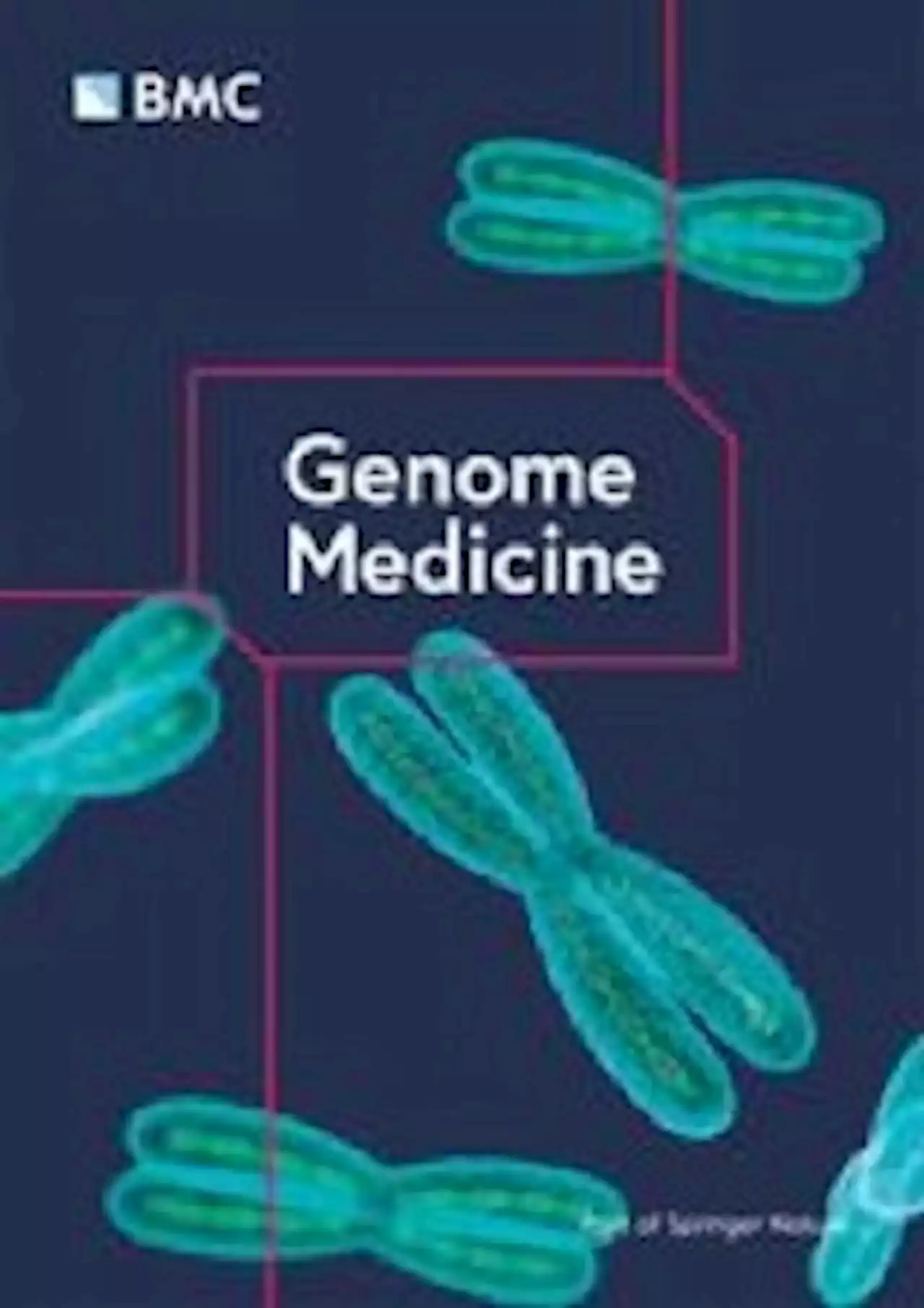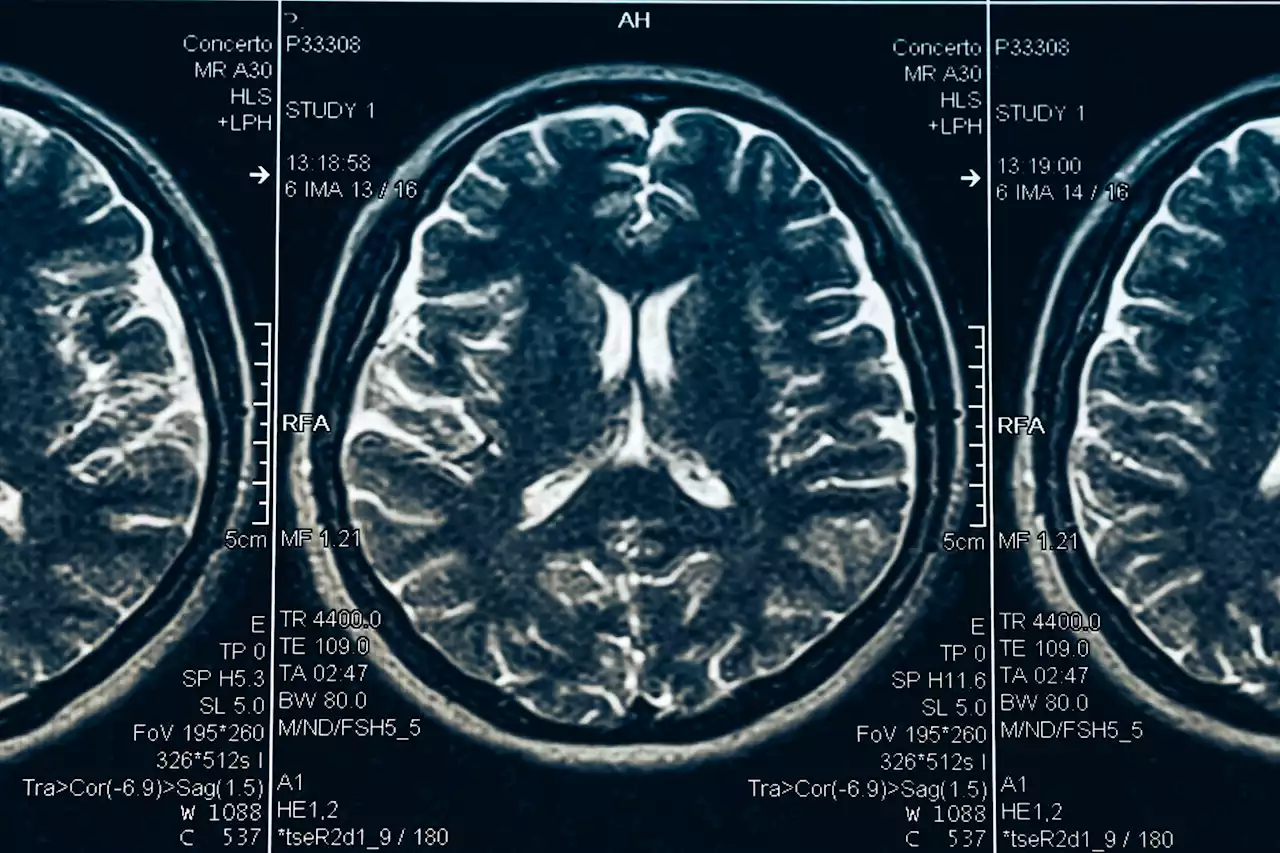Study explores early indicators of long COVID medrxivpreprint UCSF Stanford UCLA longCOVID COVID19 coronavirus covid symptoms
By Neha MathurJul 20 2023 In a recent study posted to the medRxiv* server, researchers investigated early biomarkers of post-acute sequelae of severe acute respiratory syndrome coronavirus 2 infection in a household-based cohort of individuals intensively sampled during the acute phase of coronavirus disease 2019 .
Some recent studies have found an association between PASC and prolonged viral clearance plus distinct early immune signatures. A study identified subgenomic RNA in tissue sites at autopsy for up to six months post-COVID-19. A study interviewer administered clinical questionnaires to all the participants to gather key sociodemographic, medical history, quality-of-life, symptomatology, and vaccination data. Symptom items covered 32 pre-selected symptoms.
They used quantitative RT-PCR targeting N and envelope genes of the SARS-CoV-2 genome to assess viral RNA titers in the samples and a conventional plaque assay to quantify its infectious viral titers. Likewise, they used a cytopathic effect in Vero113 hACE2-TMPRSS2 cells to measure SARS-CoV-2 infectivity.
However, only 80 of 104 participants provided blood samples for SARS-CoV-2 N-antigen and inflammatory marker testing.
United Kingdom Latest News, United Kingdom Headlines
Similar News:You can also read news stories similar to this one that we have collected from other news sources.
 Understanding the mechanisms behind rising antifungal drug resistanceIn a recent study, researchers addressed the issue of the rise of antifungal drugs-resistant infections and the advent of multidrug-resistant fungal pathogens.
Understanding the mechanisms behind rising antifungal drug resistanceIn a recent study, researchers addressed the issue of the rise of antifungal drugs-resistant infections and the advent of multidrug-resistant fungal pathogens.
Read more »
 Fire chief resigns after 11 days saying she had 'no understanding of the role'Nicci Marzec resigned within days of becoming interim boss at Northamptonshire Fire and Rescue after her ‘friendship’ with Commissioner Stephen Mold had ‘become the story’.
Fire chief resigns after 11 days saying she had 'no understanding of the role'Nicci Marzec resigned within days of becoming interim boss at Northamptonshire Fire and Rescue after her ‘friendship’ with Commissioner Stephen Mold had ‘become the story’.
Read more »
 Metagenomic assessment of gut microbial communities and risk of severe COVID-19 - Genome MedicineBackground The gut microbiome is a critical modulator of host immunity and is linked to the immune response to respiratory viral infections. However, few studies have gone beyond describing broad compositional alterations in severe COVID-19, defined as acute respiratory or other organ failure. Methods We profiled 127 hospitalized patients with COVID-19 (n = 79 with severe COVID-19 and 48 with moderate) who collectively provided 241 stool samples from April 2020 to May 2021 to identify links between COVID-19 severity and gut microbial taxa, their biochemical pathways, and stool metabolites. Results Forty-eight species were associated with severe disease after accounting for antibiotic use, age, sex, and various comorbidities. These included significant in-hospital depletions of Fusicatenibacter saccharivorans and Roseburia hominis, each previously linked to post-acute COVID syndrome or “long COVID,” suggesting these microbes may serve as early biomarkers for the eventual development of long COVID. A random forest classifier achieved excellent performance when tasked with classifying whether stool was obtained from patients with severe vs. moderate COVID-19, a finding that was externally validated in an independent cohort. Dedicated network analyses demonstrated fragile microbial ecology in severe disease, characterized by fracturing of clusters and reduced negative selection. We also observed shifts in predicted stool metabolite pools, implicating perturbed bile acid metabolism in severe disease. Conclusions Here, we show that the gut microbiome differentiates individuals with a more severe disease course after infection with COVID-19 and offer several tractable and biologically plausible mechanisms through which gut microbial communities may influence COVID-19 disease course. Further studies are needed to expand upon these observations to better leverage the gut microbiome as a potential biomarker for disease severity and as a target for therapeutic intervention.
Metagenomic assessment of gut microbial communities and risk of severe COVID-19 - Genome MedicineBackground The gut microbiome is a critical modulator of host immunity and is linked to the immune response to respiratory viral infections. However, few studies have gone beyond describing broad compositional alterations in severe COVID-19, defined as acute respiratory or other organ failure. Methods We profiled 127 hospitalized patients with COVID-19 (n = 79 with severe COVID-19 and 48 with moderate) who collectively provided 241 stool samples from April 2020 to May 2021 to identify links between COVID-19 severity and gut microbial taxa, their biochemical pathways, and stool metabolites. Results Forty-eight species were associated with severe disease after accounting for antibiotic use, age, sex, and various comorbidities. These included significant in-hospital depletions of Fusicatenibacter saccharivorans and Roseburia hominis, each previously linked to post-acute COVID syndrome or “long COVID,” suggesting these microbes may serve as early biomarkers for the eventual development of long COVID. A random forest classifier achieved excellent performance when tasked with classifying whether stool was obtained from patients with severe vs. moderate COVID-19, a finding that was externally validated in an independent cohort. Dedicated network analyses demonstrated fragile microbial ecology in severe disease, characterized by fracturing of clusters and reduced negative selection. We also observed shifts in predicted stool metabolite pools, implicating perturbed bile acid metabolism in severe disease. Conclusions Here, we show that the gut microbiome differentiates individuals with a more severe disease course after infection with COVID-19 and offer several tractable and biologically plausible mechanisms through which gut microbial communities may influence COVID-19 disease course. Further studies are needed to expand upon these observations to better leverage the gut microbiome as a potential biomarker for disease severity and as a target for therapeutic intervention.
Read more »
 SARS-CoV-2 spike protein's role in lung injury unraveled: promising new approach uncoveredSARS-CoV-2 spike protein's role in lung injury unraveled: promising new approach uncovered SciReports spikeprotein COVID19 SARSCoV2 covid lunginjury
SARS-CoV-2 spike protein's role in lung injury unraveled: promising new approach uncoveredSARS-CoV-2 spike protein's role in lung injury unraveled: promising new approach uncovered SciReports spikeprotein COVID19 SARSCoV2 covid lunginjury
Read more »
 Researchers convert β-Pinene into renewable feedstock for sustainable paracetamol and ibuprofenResearchers convert β-Pinene into renewable feedstock for sustainable paracetamol and ibuprofen ChemistryEurope paracetamol ibuprofen feedstock chemistry health researchers
Researchers convert β-Pinene into renewable feedstock for sustainable paracetamol and ibuprofenResearchers convert β-Pinene into renewable feedstock for sustainable paracetamol and ibuprofen ChemistryEurope paracetamol ibuprofen feedstock chemistry health researchers
Read more »
 Magnetic susceptibility as a promising marker for predicting future severity of Parkinson's diseaseMagnetic susceptibility as a promising marker for predicting future severity of Parkinson's disease medrxivpreprint parkinsonsdisease PD parkinsons magneticsusceptibility
Magnetic susceptibility as a promising marker for predicting future severity of Parkinson's diseaseMagnetic susceptibility as a promising marker for predicting future severity of Parkinson's disease medrxivpreprint parkinsonsdisease PD parkinsons magneticsusceptibility
Read more »
